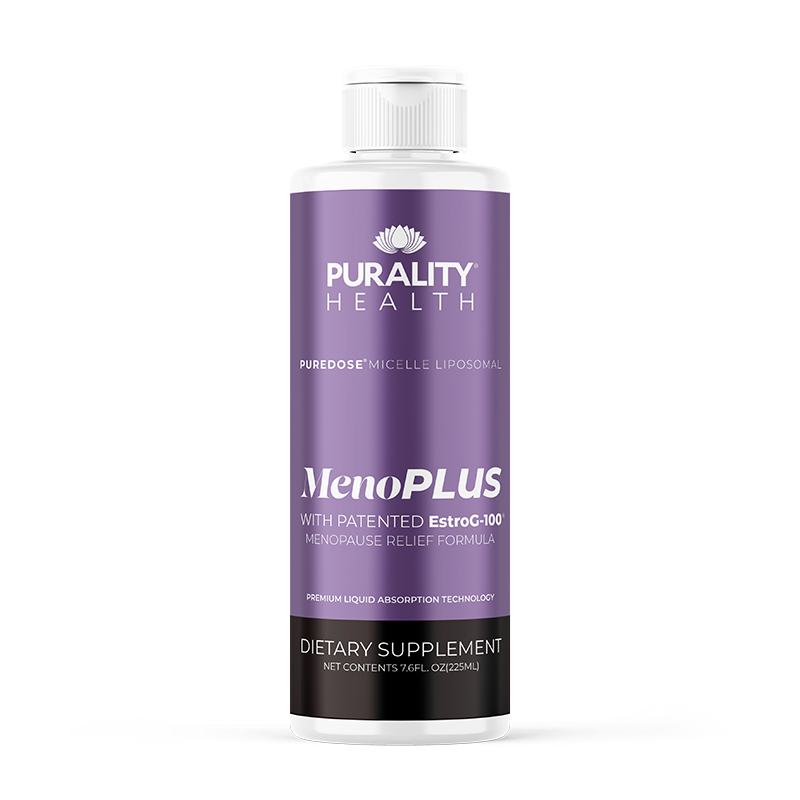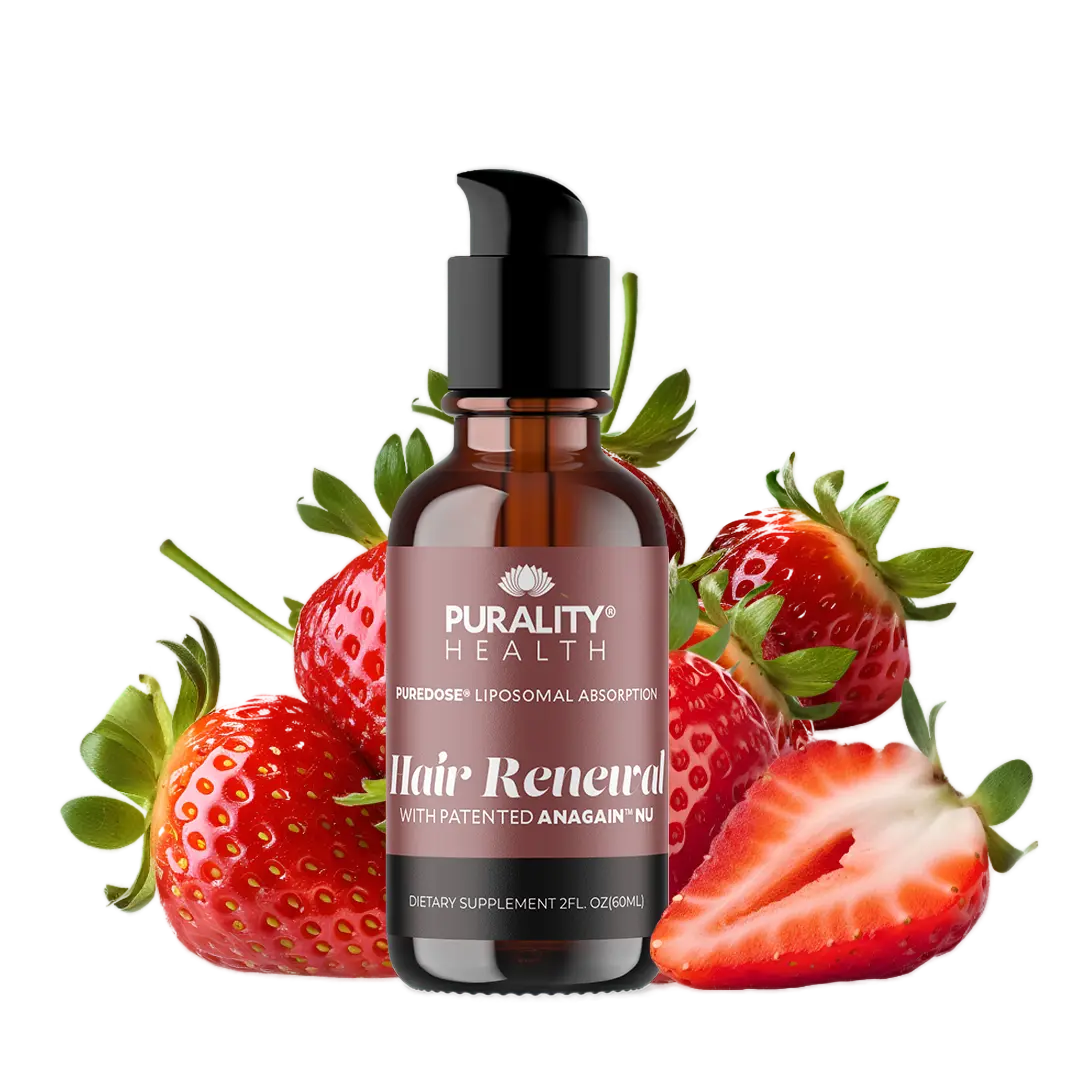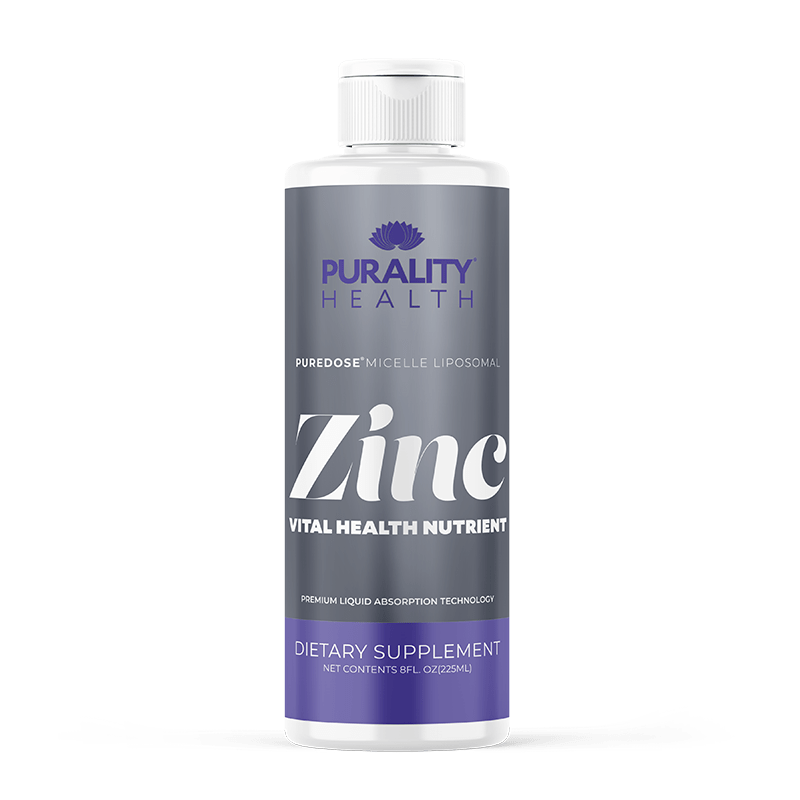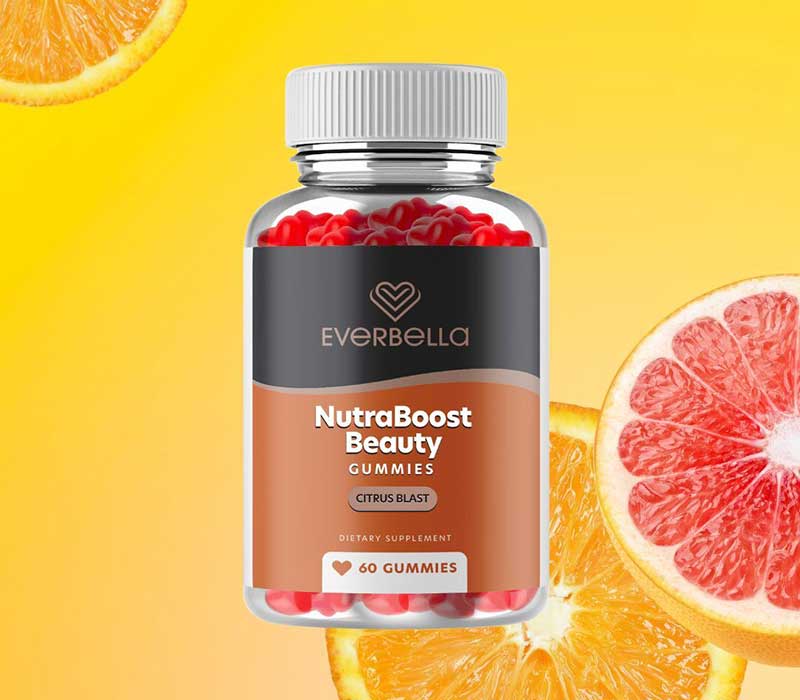Do You Know What Prebiotics Are?

Do you have a healthy gut regimen?
Many of us don’t consider the health of our digestive system as essential, but the fact is you can carry over 1,000 species of bacteria in your gut. These microscopic creatures, mostly bacteria, create a mini-ecosystem. This is the microbiome, and the healthier it is, the healthier you can be.
You may be familiar with probiotics, but are you aware of the benefits of prebiotics?
While probiotics are becoming well known, prebiotics are still quite under-appreciated and therefore also lacking in the typical American diet.
In fact, when you talk about prebiotics, you’ll probably notice that people will try to correct you:
“You mean probiotics?”
Nope! Prebiotics are important too!
The thing is, it’s worth spreading the word about how prebiotics can support the important work of the healthy probiotic bacteria in your gut: supporting your immune system, aiding digestion, impacting your metabolism, encouraging a healthy inflammatory response, etc.
What is a prebiotic?
In simple terms, prebiotics feed probiotic bacteria. Consider probiotics as a plant seed. To grow this into a beautiful plant, you will want to use fertilizer. Prebiotics are that helping hand. These compounds are then used to benefit your health. Since they aren’t digestible by your body, they pass right through the digestive system to become food for your healthy gut bacteria and other microbes.
What are some of the benefits?
Adding prebiotics into your diet can help lower your risk for a range of health issues, as well as help improve cholesterol levels, gut health, digestion, and immune function, and more.
Bring in the helpers!
To add more prebiotics to your diet, try some of these foods that contain ample amounts of fiber-rich prebiotics:
- Chicory root (a whopping 65% fiber)
- Garlic
- Leeks
- Onion
- Asparagus
- Banana
- Baked wheat flour
- Radishes
- Yams
How much do you need?
While it’s difficult to measure the amount of prebiotics you are getting from your food, it’s recommended to aim for at least 5 grams of prebiotic-dense foods a day. For a healthy regimen, you will also want to stay under 20g.
Keep in mind, when first adding prebiotics into your diet, do so gradually. Your gut can be sensitive and you don’t want to overdo it. Increase your water intake, since fiber-rich foods like to absorb water in the colon, slowing your digestion.
Adding a quality probiotic to your daily routine can also help support your immune health and aid digestion. Check out PuraTHRIVE® Micelle Liposomal Probiotic with L. Rhamnosus and RcME technology for optimal absorption and a boost to your overall health and well-being.








